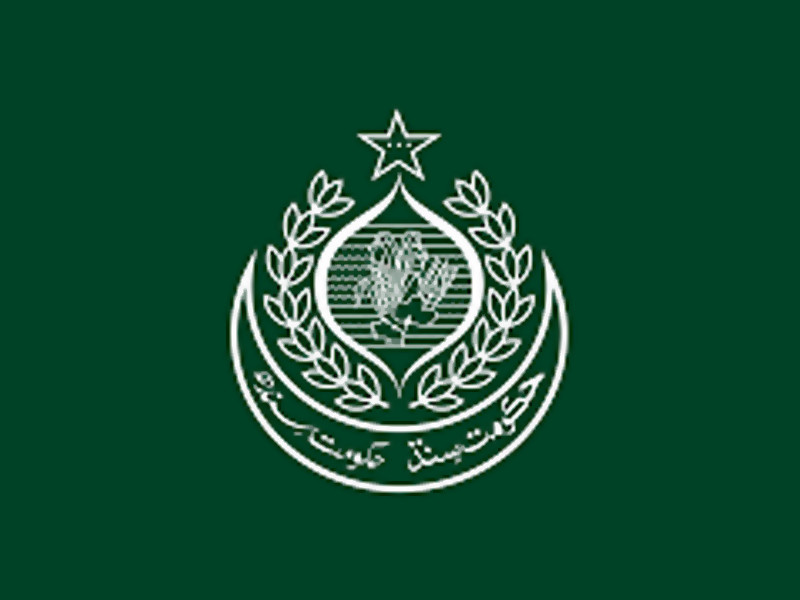
Sindh on Wednesday did not give any deadline to the National Tax Council for passing a new Agriculture Income Tax law to triple tax rates on farm income, as the federal authorities raised questions on the constitutional mandate of Punjab to impose income tax on livestock.
Through its Punjab Agriculture Income Tax Act 2024, the government of Punjab has encroached constitutional territory of the Centre by imposing tax on livestock income.
In the NTC meeting, the government of Khyber-Pakhtunkhwa also brought under discussion Punjab's decision to exclude the agriculture income tax rates, which the provincial assembly passed last month, from the law.
Finance Minister Muhammad Aurangzeb chaired the NTC meeting, which was attended by the representatives of the four provinces, to review the implementation status of the tax-related conditions agreed with the International Monetary Fund. The World Bank's representatives also attended the NTC meeting.
It was decided that the NTC, which became dormant in the past almost two years, would be activated and its meeting will now be held on a quarterly basis in provincial capitals on a rotational basis.
During the meeting, the representative of the Sindh government again did not give a date to pass the legislation, according to the sources. Its representative stated that the draft bill was ready, but the matter should be taken at the level of the political leadership, they added.
Last month, the finance ministry had assured Prime Minister Shehbaz Sharif that the Sindh government would pass the law and if need be it would request the premier to intervene.
The Balochistan and Khyber-Pakhtunkhwa cabinets have approved the draft bills of Agriculture Income Tax but their provincial assemblies have not yet legislated.
The Agriculture Income Tax is part of the National Fiscal Pact commitments that the Centre and the four provinces have signed under the IMF programme.
The IMF had placed a condition that by the end of October, "each province amends their agriculture income tax legislation and regime to fully align it with the federal personal income tax regime for small farmers and the federal corporate income tax regime for commercial agriculture, so that taxation can commence from January 1, 2025".
The present maximum agriculture income tax rate is 15%, which the IMF has asked to triple to 45% in line with the federal personal income tax rate.
Punjab's new tax law – the only one passed so far by any province – does not mention any income tax rate and rather the authority to determine the rates has been given to the provincial cabinet.
The federal law mentioned the income tax rates in the Income Tax Ordinance of 2001 and this gives the right to levy tax to the elected representative of the people. The provincial government has taken away this right from the Punjab Assembly by retaining it with itself.
The sources said that the Khyber-Pakhtunkhwa government inquired about the Punjab's decision to exclude the income tax rates from the law indicated that it might also then follow the suit. The Punjab government's representative explained in the meeting that had the rate been included in the bill, it would have been difficult to get the law passed from the assembly, they added.
The FBR was of the view that in case the provincial government implemented rates through rules instead of the law, the taxpayers might challenge it in court.
The sources said that the federal government also raised objections to Punjab's decision to include livestock income in its agriculture income tax law. The Centre is of the view that livestock income was a federal subject and the provincial government did not have the authority to legislate on the matter.
Finance Minister Muhammad Aurangzeb, who is also the chairman of the National Finance Commission, raised concerns over not holding the meeting of the NFC in the past many years.
The NTC referred the issue of tax harmonisation, common framework for property taxation and single return form to its executive committee.
The meeting emphasised the need for information sharing to ensure better tax collection. It was also decided that the microfinance and oil and gas sectors should also be brought under the domain of the single tax return. However, there was a strong view that until all the provincial governments fully align their tax rates, it would not be possible to file one return by the taxpayers.
The discussions also took place on implementation of negative sales tax on services list where the provincial governments would notify the list of services that would not be taxed. All the services that will not be mentioned in the list would be subject to the sales tax. This is also part of the IMF condition.
The sources said that the World Bank representative opined that both positive and negative services list can be managed simultaneously in a view that does not hold ground.
The meeting was attended by Mr. Ali Parvez Malik, the Minister of State for Finance & Revenue; Mian Mujtaba Shuja-ur-Rehman, the Finance Minister of Punjab; Mr. Muzzamil Aslam, the Finance Minister of KPK; Mir Shoib Nausherwani, the Finance Minister of Balochistan; Chairman FBR, Chairmans of Provincial Revenue Boards, and the Federal and Provincial Finance Secretaries. Additionally, experts from the World Bank and other senior officials from Finance Division and provincial finance departments were also present.

1736372949-0/Untitled-design-(57)1736372949-0-405x300.webp)



1733707590-0/Jay-Z-(5)1733707590-0-165x106.webp)
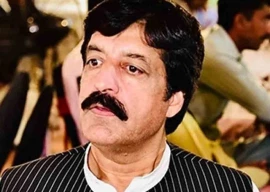



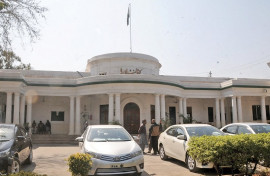

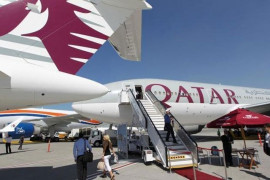




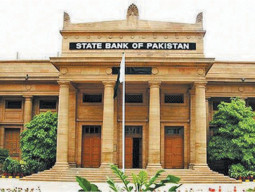






COMMENTS
Comments are moderated and generally will be posted if they are on-topic and not abusive.
For more information, please see our Comments FAQ